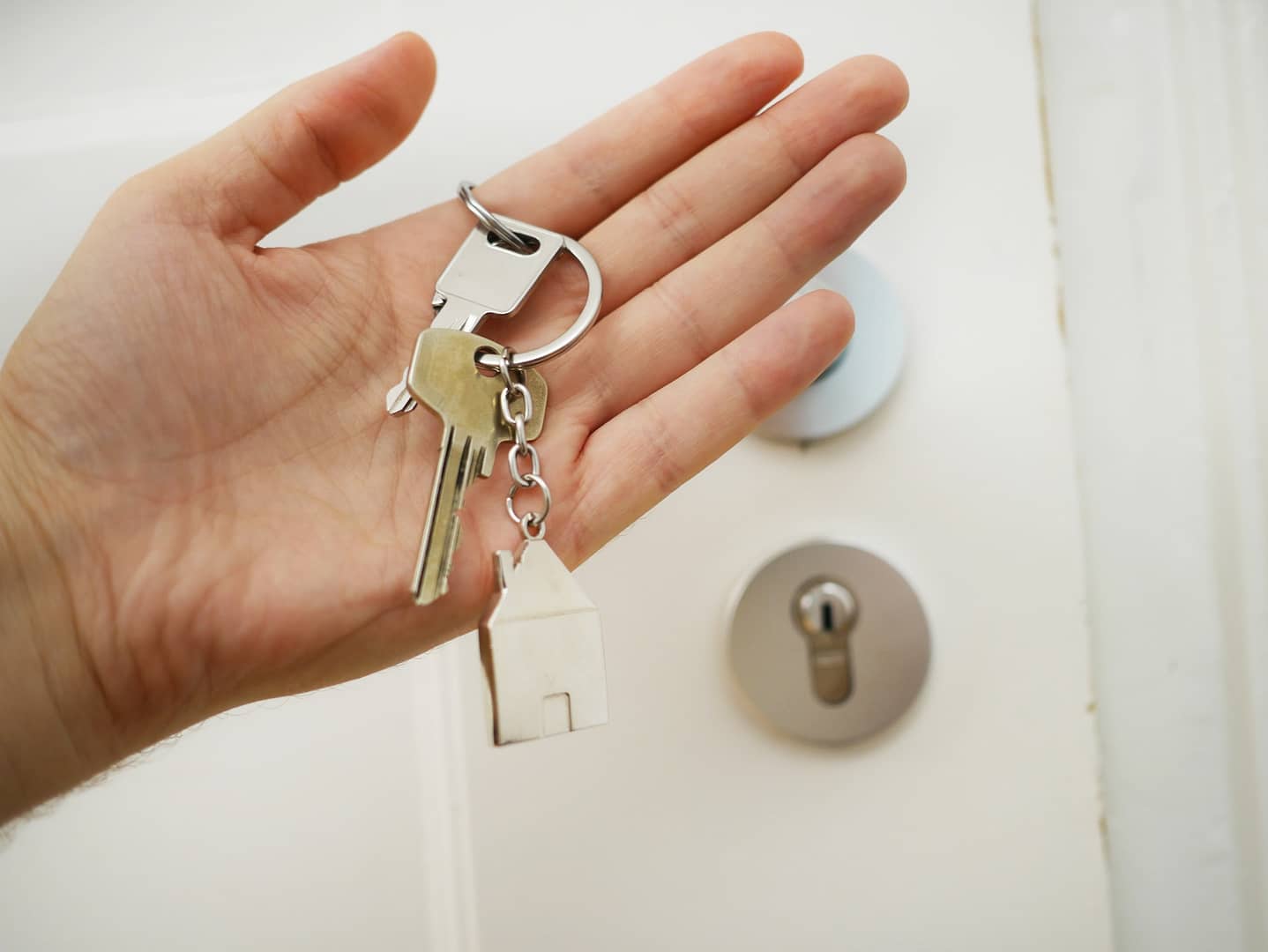The role of tenants in addressing housing disrepair is an important issue that has been widely discussed in recent years. With the increasing number of rentals in the country, it is essential that tenants understand their rights and responsibilities when it comes to addressing issues of disrepair in their rented properties.
In the UK, a tenant is responsible for reporting any repairs or issues with their rented property to their landlord or letting agent. It is the responsibility of the landlord to ensure that the property is in a good state of repair and fit for habitation. This includes making necessary repairs to the structure of the building, as well as repairing and maintaining any equipment provided in the property such as boilers and electrical appliances.
The Disrepair Law
This law in the UK sets out the legal obligations of landlords to ensure that their properties are safe, secure and habitable for tenants. The law requires landlords to carry out necessary repairs and maintenance to the structure of the property, such as the roof, walls, and windows. They are also required to ensure that the property has adequate heating, hot water, and sanitation facilities. Failure to comply with these legal obligations can result in legal action being taken against the landlord.
Landlords have a duty of care to their tenants in the UK. This means that they are legally responsible for ensuring that their tenants are not exposed to any health and safety risks as a result of the condition of their property. Landlords must ensure that their properties are free from hazards such as electrical faults, damp and mould.
The role of tenants in addressing housing disrepair in the UK is critical. Tenants have a responsibility to report any issues with their rented property to their landlord or letting agent as soon as possible. This will enable the landlord to take necessary action to address the issue before it becomes a more significant problem.
Tenants can take a proactive role in addressing housing disrepair by conducting regular checks of their rented property. This can include checking for signs of damp, mould, or water damage, as well as ensuring that all equipment provided in the property is in good working order.
If a tenant discovers an issue with their rented property, they should report it to their landlord or letting agent in writing as soon as possible. They should provide as much detail as possible about the issue, including any photographs or videos that may help to illustrate the problem.
Tenants can also seek out support from us at National Claims, where we will be able to help with your housing disrepair claim if you have held up your end of the bargain in the tenancy agreement.

Understanding the Disrepair Housing Act 2004
The Disrepair Housing Act 2004 is a crucial piece of legislation that sets out the legal obligations of landlords in relation to housing disrepair in the UK. Under the act, landlords have a duty to ensure that their rented properties are safe, secure and habitable for tenants.
The act requires landlords to carry out necessary repairs to the structure of the building, including the roof, walls, and windows. They must also ensure that the property has adequate heating, hot water, and sanitation facilities. Failure to comply with these legal obligations can result in legal action being taken against the landlord.
Tenants have a crucial role to play in addressing housing disrepair under the Disrepair Housing Act 2004. They have a responsibility to report any issues with their rented property to their landlord or letting agent as soon as possible. This will enable the landlord to take necessary action to address the issue before it becomes a more significant problem.
Conclusion
In conclusion, the role of tenants in addressing housing disrepair in the UK is essential. Tenants have a responsibility to report any issues with their rented property to their landlord or letting agent, and they can take a proactive role in ensuring that their rented property is safe and habitable. Landlords have a legal duty of care to their tenants in the UK, and failure to comply with these obligations can result in legal action being taken against them.
The Disrepair Housing Act 2004 sets out the legal obligations of landlords in relation to housing disrepair, and tenants should be aware of their rights and responsibilities under this legislation. By working together, landlords and tenants can ensure that rented properties in the UK are safe and fit for habitation.
Contact National Claims today for us to help guide you through the claims process and claim against your landlord for not providing safe and habitable accommodation.
Note: You can only make a claim if you are currently living in social housing.
Click below to see why we are one of the most trusted claims management companies in the UK.





